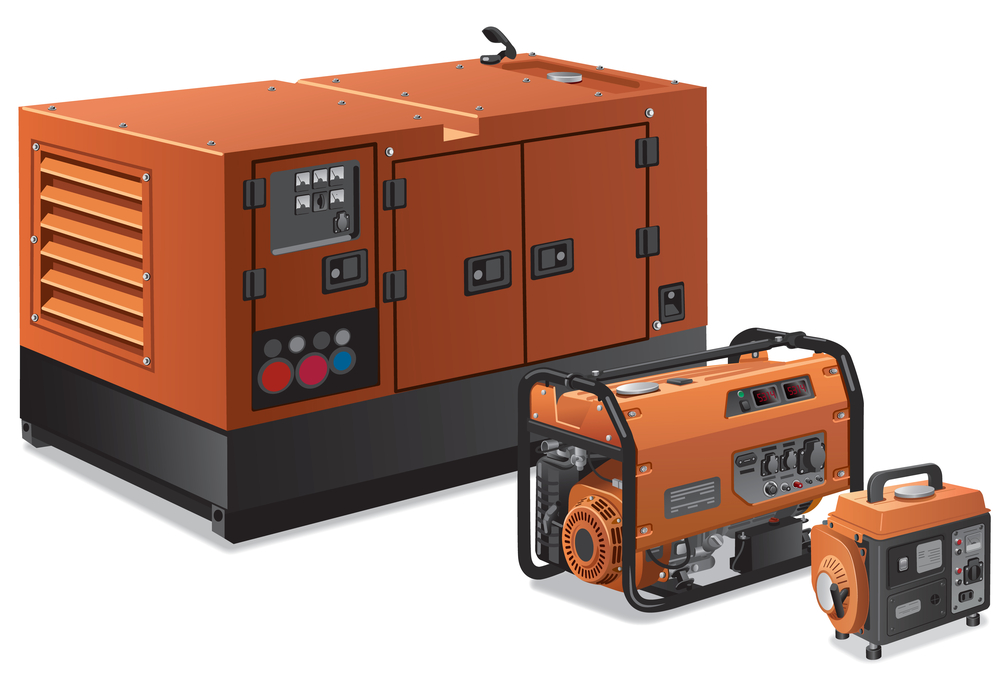As a homeowner, you know the importance of being prepared for emergencies. One of the key ways to ensure you’re ready for anything is by investing in a standby generator. These devices can provide backup power to your home in the event of an outage, ensuring you can continue to live comfortably and safely until the power is restored. But with so many options on the market, it can be difficult to determine what size standby generator you need. In this article, we’ll explore the main factors you should consider when making this decision.
What is a Standby Generator?
First, it’s important to understand what a standby generator is and how it works. A standby generator is a backup power source that is designed to automatically turn on in the event of an outage. It’s connected directly to your home’s electrical system, so when the power goes out, the generator kicks on and starts providing electricity to your home. Most standby generators are powered by natural gas or propane, so you don’t have to worry about fueling them yourself.
Factors to Consider When Choosing a Standby Generator
Now that you understand the basics of what a standby generator is, let’s explore the factors you should consider when choosing the right size for your home.
Power Requirements
The first factor you should consider is your home’s power requirements. This will depend on a number of factors, including the size of your home, the number of appliances and devices you have, and your lifestyle. To determine your power requirements, you’ll need to do a load calculation. This involves adding up the power requirements of all the devices and appliances you’ll need to run during an outage.
Keep in mind that some devices require more power to start up than they do to run continuously. For example, an air conditioner or refrigerator may require 3-4 times their normal power usage to start up. You’ll need to factor these startup requirements into your load calculation to ensure you choose a generator that can handle the load.
Generator Size
Once you’ve determined your power requirements, you’ll need to choose a generator that can handle the load. Generators are rated by their power output, which is measured in watts. The size of the generator you need will depend on the total wattage of your load calculation.
Generators come in a range of sizes, from small portable models that can power a few essential devices to large models that can power an entire home. A good rule of thumb is to choose a generator that is rated for at least 20% more than your calculated load. This will ensure that the generator can handle any startup surges and provide enough power to keep your home running comfortably.
Fuel Type
As mentioned earlier, most standby generators are powered by natural gas or propane. The fuel type you choose will depend on your personal preferences and the availability of fuel in your area.
Natural gas is a popular choice because it’s usually delivered directly to your home via underground pipes, so you don’t have to worry about refueling. Propane, on the other hand, requires a tank to be installed on your property. This can be a more expensive option upfront, but propane is readily available in most areas.
Installation Requirements
Finally, you’ll need to consider the installation requirements for your standby generator. Standby generators require professional installation to ensure they’re connected properly to your home’s electrical system and fuel source. The installation process can be complex and may require permits from your local government.
You’ll also need to ensure that you have enough space on your property to accommodate the generator and any necessary equipment, such as a propane tank. Be sure to check with your local zoning laws to ensure you’re in compliance with any regulations.
Choosing the right size standby generator for your home is an important decision that requires careful consideration. By taking into account the factors we’ve discussed – power requirements, generator size, fuel type, and installation requirements – you can ensure that you choose a generator that will provide reliable backup power in the event of an outage.
Remember, a standby generator is an investment in your home’s safety and comfort. By choosing the right size and having it installed professionally, you’ll have peace of mind knowing that your home and family are protected during any emergency.


